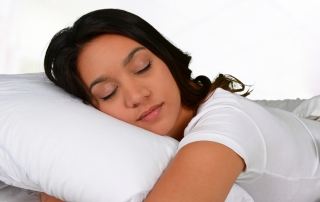Insomnia Across the Female Life Cycle
In the July 2010 issue of Current Psychiatry, you will find a thorough review on the evaluation and treatment of insomnia in women across the life cycle. The bottom line is that many women experience insomnia during times of hormonal transition. The authors provide some useful guidelines for evaluating women who present with sleep problems (taken from Table 2):








